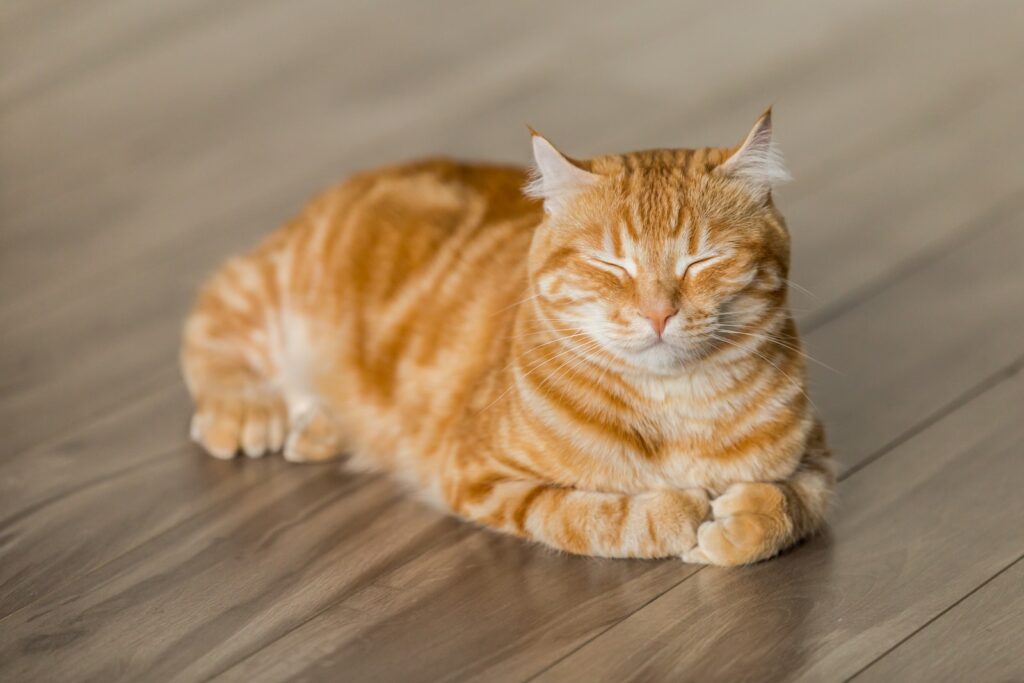Can Cats Eat Melon? — Yes, They Can
When it comes to feeding our feline friends, it’s important to know what foods are safe for them to consume. One such food that may come to mind is melon. So, can cats eat melon? The answer is yes, they can enjoy this delicious fruit, but with some caution and moderation.
Can Kittens Eat Melon?
Yes, kittens can also indulge in melon, but it’s essential to introduce it slowly and in small quantities. Their delicate digestive systems may need time to adjust to new foods, so it is best to consult with a veterinarian before incorporating melon into their diet.
Things to consider when feeding melon to kittens?
It is crucial to remember that kittens have different nutritional needs compared to adult cats. When introducing melon to kittens, ensure that it is ripe, soft, and cut into tiny, manageable pieces. Monitor their reaction closely for any signs of discomfort or allergies.
Nutritional Benefits of Melon for Cats — Why Melon is Good for Cats?
Hydration
Melon, with its high water content, can help keep our furry friends hydrated during hot summer days. Adequate hydration is vital for maintaining a healthy urinary tract and overall well-being.
Antioxidants
Rich in antioxidants such as vitamins A and C, melon can provide a boost to your cat’s immune system. These antioxidants help combat free radicals and keep illnesses at bay.
Vitamin and Mineral Content
Melon contains essential vitamins and minerals like potassium, which aids in proper nerve and muscle function. It also provides fiber, promoting digestive health in cats.
Weight Management
As melon is low in calories and high in water content, it can be a great addition to a cat’s diet when it comes to weight management. It allows them to feel full without consuming excessive calories.
Hydration
Melon, with its high water content, can help keep our furry friends hydrated during hot summer days. Adequate hydration is vital for maintaining a healthy urinary tract and overall well-being.
Potential Allergies: Can Cats Be Allergic to Melon?
Cats can develop allergies to various foods, and melon is no exception. While it is generally safe for cats to consume melon, some cats may experience allergic reactions. It is essential to monitor your cat for any signs of discomfort or allergic symptoms.
Symptoms of Melon Allergies in Cats
- Itching and Skin Irritation: Cats with melon allergies may experience itching, redness, or swelling of the skin. Keep an eye out for excessive scratching or grooming.
- Gastrointestinal Upset: Some cats may develop digestive issues after consuming melon, such as vomiting or diarrhea. Be attentive to any changes in their litter box habits.
- Respiratory Issues: In rare cases, cats may show symptoms such as sneezing, coughing, or difficulty breathing due to a melon allergy. Immediate veterinary attention is necessary in such situations.
What to Do If Your Cat Shows Symptoms?
- Consult Your Veterinarian: If you notice any allergic symptoms in your cat after consuming melon, it is best to consult your veterinarian for a proper diagnosis and guidance.
- Elimination Diet: In severe cases, your veterinarian may recommend an elimination diet to pinpoint the specific ingredient causing the allergic reaction.
- Alternative Treats: If your cat is allergic to melon, consider offering alternative, cat-friendly treats that meet their nutritional needs without triggering allergies.
Recommended Amount: How Much Melon Can a Cat Consume?
While melon can be a refreshing and nutritious addition to a cat’s diet, it should only be given in small quantities and as an occasional treat. Aim for about a teaspoon of melon per serving, ensuring it is free from seeds and rind to avoid any choking hazards.
Things to Consider When Feeding Melon to Cats
Although melon can offer various health benefits, it should never replace a balanced and species-appropriate diet specifically formulated for cats. Always prioritize commercial cat food that meets their nutritional requirements. Additionally, if your cat has pre-existing health conditions, consult your veterinarian before introducing melon into their diet.
How to Feed Melon to Cats: A Quick Guide
Introducing melon to your cat’s diet can be a delightful experience for both of you. Remember, moderation is key, and always monitor their reaction. Here’s a quick guide on how to feed melon to cats:
Melon Cubes
1. Choose a ripe and juicy melon, such as watermelon or cantaloupe.
2. Remove the seeds and rind, as they can be difficult for cats to digest or may present a choking hazard.
3. Cut the melon into small, bite-sized cubes.
4. Offer a few melon cubes to your cat as a treat, watching for their response and any adverse reactions.
Melon Puree
1. Follow the same steps as for melon cubes.
2. Instead of offering the cubes directly, blend the melon pieces into a smooth puree.
3. Serve a small spoonful of the melon puree as a special treat for your cat.
Conclusion
Melon can be a healthy and refreshing treat for cats when offered in moderation. Its high water content helps keep them hydrated, while vitamins and minerals contribute to their overall well-being. Always prioritize your cat’s specific nutritional needs, and consult your veterinarian if you have any concerns or questions regarding their diet. With careful monitoring and attention to their individual preferences, you can safely introduce melon as an occasional indulgence for your feline companion.
##
#






